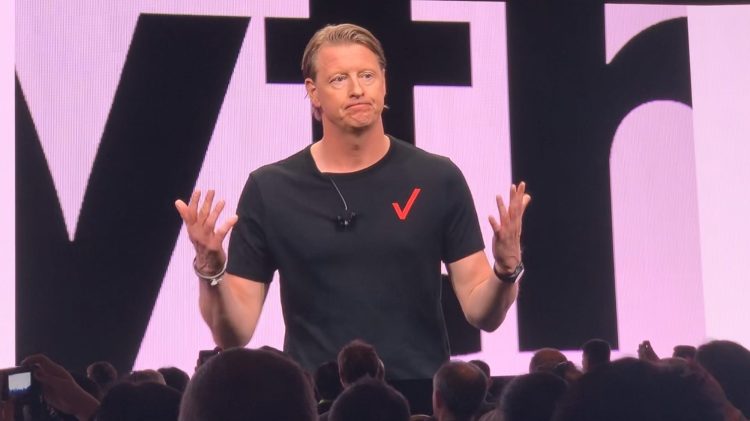Verizon might have been the first company to offer a commercial 5G network to paying customers, but as Sacramento residents are discovering, that network isn’t anywhere near as big as expected — and according to a new report, might not achieve city-wide coverage for years.
Last year, Verizon named Sacramento as one of four initial U.S. cities to receive a 5G network, notably reliant on “small cells” — miniature cellular towers housing next-generation millimeter wave radio hardware. As with the other pioneer cities of Houston, Indianapolis, and Los Angeles, Verizon announced Sacramento’s involvement in conjunction with city officials, with Sacramento Mayor Darrell Steinberg heralding the deal as a “a one-of-a-kind partnership to upgrade our city’s infrastructure.”
Verizon’s initial 5G coverage map suggested that it would offer service in downtown, midtown, East Sacramento, and Natomas. However, local TV station CBS13 reports that Verizon appears to have installed only 200 5G radios in Sacramento, providing coverage to less than 10 percent of the city. That’s a tiny fraction of the 4,000 radios it estimates Verizon might need for citywide coverage, and though Verizon doesn’t have an updated 5G map, most of the addresses in supposedly served neighborhoods are coming up with “sorry, not yet available” messages on the 5G Home website.
Under normal circumstances, Verizon would be entitled to the presumption that its 5G buildout will move fairly rapidly, and that by virtue of its early start, Sacramento will also be among the first to achieve citywide 5G coverage. But the carrier said during last month’s CES that it considered itself to be done building out 5G in its initial four cities, and wouldn’t add more 5G towers until standards-compliant hardware was available — in the second half of 2019. Moreover, the carrier didn’t respond when contacted for comment on Sacramento’s situation.
June 5th: The AI Audit in NYC
Join us next week in NYC to engage with top executive leaders, delving into strategies for auditing AI models to ensure fairness, optimal performance, and ethical compliance across diverse organizations. Secure your attendance for this exclusive invite-only event.
While CBS13 offers a gloomy assessment of the city’s potential 5G buildout time, citing wireless industry analyst Earl Lum to suggest that it could take three to five years “to get some level of reasonable coverage across Sacramento,” the actual timeline is fuzzy at best. Weighing against a near-term rollout, Lum said that Verizon doesn’t yet have approval to install more 5G radios on city streetlights. On the other hand, Mayor Steinberg’s early and formal embrace of 5G places Sacramento ahead of the curve relative to many other places, where Verizon is starting from scratch.
Just yesterday, Verizon announced Let’s 5G!, an initiative and website designed to encourage citizens to lobby local officials for 5G coverage. The fact that the carrier deems such an initiative necessary underscores the local-level challenges the company faces in expanding the footprint of millimeter wave 5G hardware.
It’s possible Sacramento and other cities will get full-footprint 5G service sooner — albeit with slower data speeds and higher latency — via Verizon’s competitors. While AT&T’s slate of several major California cities for 5G in 2019 omitted Sacramento, it just today added Chicago and Minneapolis to its 2019 rollout plans, so the list is subject to expansion. Still, AT&T has suggested it’s saving ultra-fast millimeter wave radios for what it calls “5G+” service inside highly congested locations, instead using more common sub-6GHz radio hardware to offer slower but still solid “5G” nationwide service. Similarly, T-Mobile says it will use even slower but wider-reaching 600MHz radio towers to offer nationwide 5G by 2020, with smaller carrier Sprint planning a similar 5G rollout on 2.5GHz towers. Neither currently has Sacramento on its earliest 5G list.
But Verizon might surprise Sacramento by moving faster than expected. In an interview with VentureBeat last month, Mike Haberman, the company’s VP of network egineering, said that Verizon will be “very aggressive in deploying” standards-compliant hardware as soon as it’s ready, which at this point is months rather than years away.

